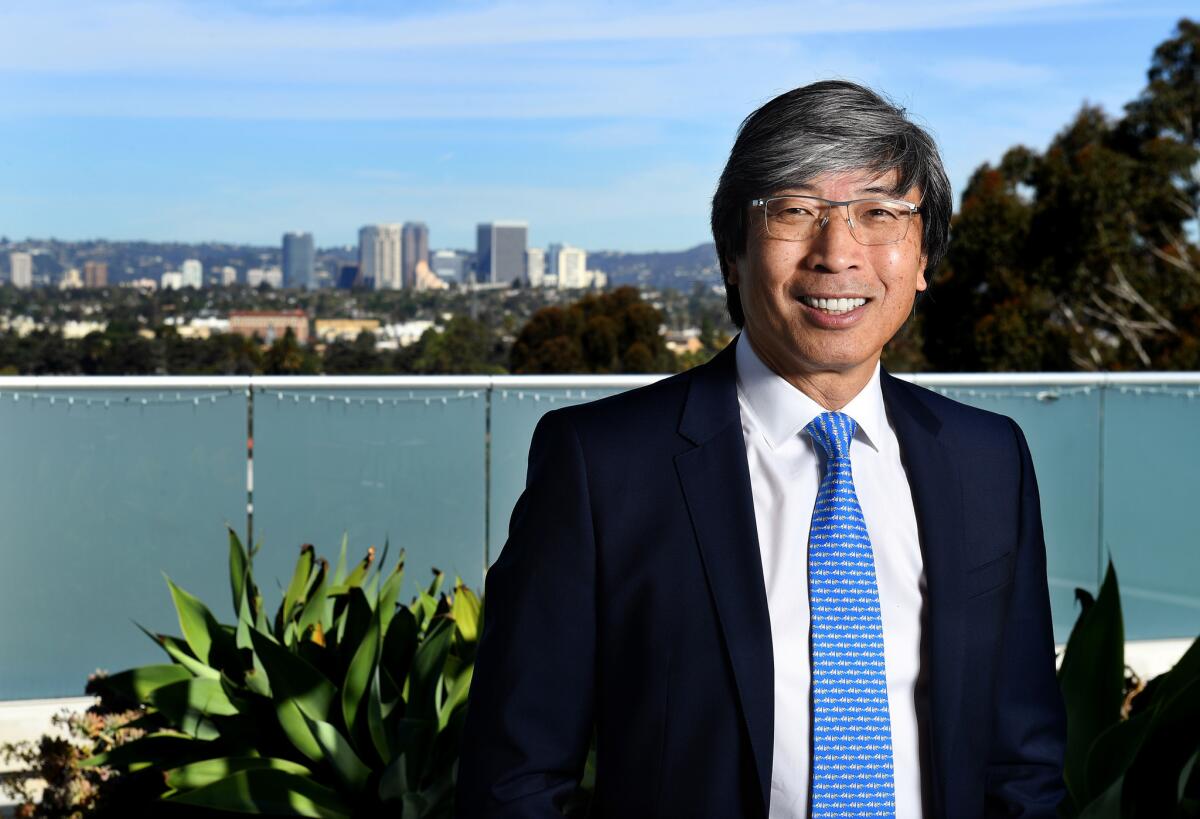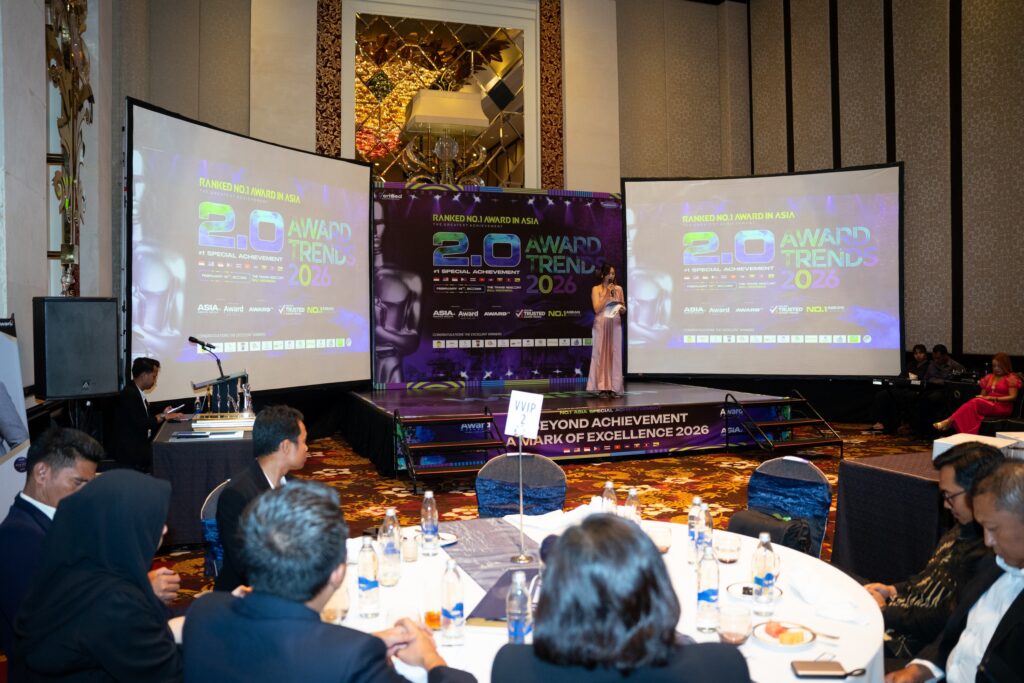New York — The Los Angeles Times finds itself at the center of a newsroom controversy as its owner, biotech billionaire Patrick Soon-Shiong, pushes forward plans to integrate an artificial intelligence-powered “bias meter” into its news articles. This initiative, coupled with sweeping changes to the paper’s editorial board, has sparked dissent among staff and led to high-profile resignations.
Soon-Shiong, who purchased the Los Angeles Times in 2018, unveiled his vision for the “bias meter” during a conversation on Scott Jennings’ podcast, Flyover Country. The AI tool, which he described as being developed from augmented intelligence technology he has worked on since 2010, is designed to assess and present potential biases in news stories. Slated for a January launch, the tool aims to provide readers with an option to view alternative perspectives on a given story.
“Readers will be able to press a button and instantly access both sides of the exact same story,” Soon-Shiong explained, emphasizing the need to combat confirmation bias. He also criticized the broader media landscape, arguing that the failure to clearly distinguish between news and opinion threatens the credibility of mainstream journalism.
The proposal has been met with a sharp response from the Los Angeles Times Guild, which represents the majority of the newsroom staff. In a statement, the union accused Soon-Shiong of undermining the integrity of his journalists by suggesting they harbor bias without providing evidence. The Guild reaffirmed the newsroom’s commitment to ethical standards, including fairness, precision, transparency, and vigilance against bias.
“Our members abide by a strict code of ethics,” the Guild stated. “Dr. Soon-Shiong’s claims are a disservice to the professionalism and dedication of this newsroom.”
The controversy has already resulted in notable resignations. Harry Litman, a senior legal affairs columnist for the Times opinion section, stepped down, citing his disapproval of Soon-Shiong’s decisions. In his resignation letter, Litman accused Soon-Shiong of steering the paper toward a stance more favorable to Donald Trump, whom he described as a threat to democracy.
“My resignation is a protest against the conduct of Dr. Patrick Soon-Shiong,” Litman wrote. “His actions betray the paper’s legacy of holding power to account, and I believe they endanger its role as a guardian of democratic principles.”
Litman’s departure follows the resignation of Kerry Cavanaugh, the assistant editorial page editor, as well as several other members of the editorial board. These exits come in the wake of Soon-Shiong’s controversial decision to block the Times from endorsing Vice President Kamala Harris ahead of the 2024 presidential election. The blocked endorsement reportedly led to widespread dissent within the newsroom, a wave of subscription cancellations, and the departure of multiple editorial board members.
Soon-Shiong defended his decision, stating that the endorsement had been “pre-packaged” without sufficient engagement with the candidates, a practice he found unacceptable. “I did not want our paper to participate in a process that could propagate misinformation or disinformation,” he said.
The upheaval also stems from Soon-Shiong’s broader efforts to reshape the Times’ editorial board. In a recent interview, he expressed his desire to incorporate more conservative and centrist voices to balance what he described as the board’s left-leaning orientation.
“If we’re being honest, our current opinion writers lean heavily to the left,” Soon-Shiong said. “To achieve true balance, we need perspectives that represent the middle and the right as well.”
This restructuring, however, has raised concerns about the editorial independence of the Times. Critics argue that Soon-Shiong’s active role in shaping opinion content—reportedly including his review of opinion piece headlines before publication—compromises the integrity of the editorial process.
In his resignation letter, Litman condemned the owner’s interference, calling it a “deep insult” to the paper’s readership. “Trump has made it clear he will retaliate against media outlets that challenge him. Rather than defending the paper’s role as a democratic watchdog, Soon-Shiong has capitulated. That is cowardly.”
As the January launch of the AI bias meter approaches, questions remain about its implementation and impact on the Times’ journalistic mission. For now, the newsroom continues to grapple with the tensions between its staff’s commitment to independent reporting and the vision of its owner.







